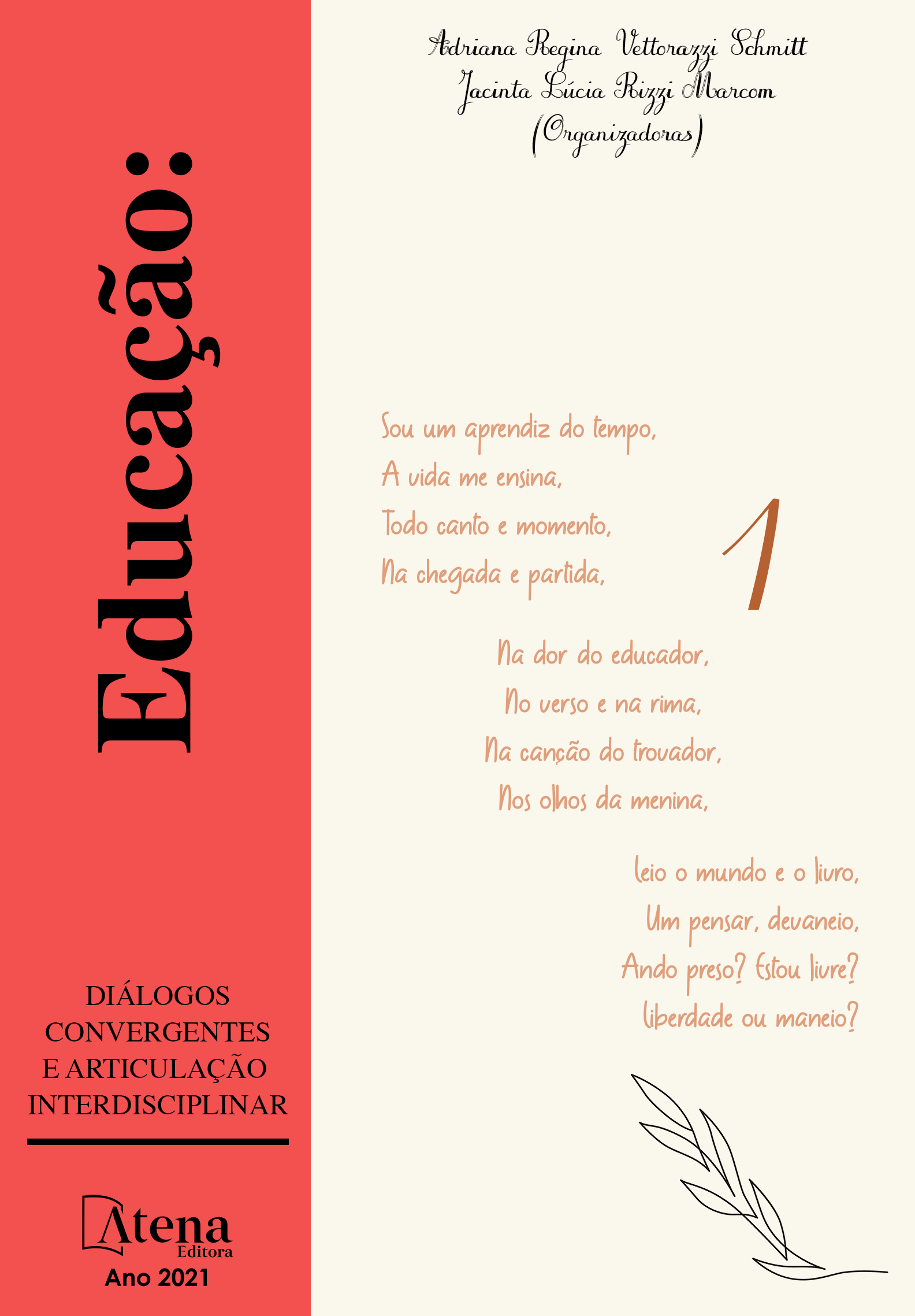
MODALIZADORES EPISTÊMICOS EM EDITORIAIS DE REVISTAS SOBRE HISTÓRIA: UMA ANÁLISE ENUNCIATIVA
Este trabalho tem como objetivo analisar a expressão da modalidade epistêmica em editoriais de revistas sobre História, identificando as diferentes marcas epistêmicas presentes nesses gêneros e ainda como essas marcas refletem em maior ou menor grau o posicionamento do Sujeito Enunciador (SE) em relação ao conteúdo de seu enunciado. Dentre os vários tipos de modalidade, escolhemos a modalidade epistêmica por estar ligada ao conhecimento que o sujeito enunciador possui em relação a algum assunto. Um dos principais objetivos desse trabalho é caracterizar essa modalidade de forma a mostrar como e porque os modalizadores epistêmicos são utilizados no gênero editorial e quais os efeitos de sentidos que estes operadores exprimem nos enunciados. Baseando-se ainda em importantes teóricos na área da enunciação como Cervoni (1989), Culioli (1971), Campos e Xavier (1991), entre outros, esta pesquisa pretende ainda abordar alguns conceitos teóricos sobre a modalização na linguagem. Para a realização desta análise utilizamos como corpus cinco editoriais veiculados por revistas que tratam de fatos históricos sobre a humanidade como: Aventuras na História, História em Foco e História em Curso. Por meio da organização linguística nos editoriais analisados concluímos que os sujeitos enunciadores serviram-se da modalidade epistêmica para dar sustentação e credibilidade aos seus argumentos, uma vez que essa modalidade representa comprometimento pessoal do SE em relação à verdade da proposição.
MODALIZADORES EPISTÊMICOS EM EDITORIAIS DE REVISTAS SOBRE HISTÓRIA: UMA ANÁLISE ENUNCIATIVA
-
DOI: 10.22533/at.ed.01021220929
-
Palavras-chave: Modalidade epistêmica. Editoriais. Modalização.
-
Keywords: Epistemic modality. Editorials. Modalization.
-
Abstract:
This work aims to analyze the expression of the epistemic modality in editorials of magazines about History, identifying the different epistemic marks present in these genres and also how these marks reflect to a greater or lesser extent the positioning of the SE in relation to the content of its statement. Among the various types of modality, we chose the epistemic modality because it is linked to the knowledge that the enunciating subject has in relation to some subject. One of the main objectives of this work is to characterize this modality in order to show how and why epistemic modalizers are used in the editorial genre and what are the effects of meanings that these operators express in the statements. Based also on important theorists in the field of enunciation such as Cervoni (1989), Culioli (1971), Campos and Xavier (1991), among others, this research also intends to address some theoretical concepts about modalization in language. To carry out this analysis, we used as corpus five editorials published by magazines that deal with historical facts about humanity, such as: Adventures in History, History in Focus and History in Course. Through the linguistic organization in the analyzed editorials, we concluded that the enunciating subjects used the epistemic modality to give support and credibility to their arguments, since this modality represents the SE's personal commitment in relation to the truth of the proposition.
-
Número de páginas: 15
- JACQUELINE WANDERLEY MARQUES DANTAS


